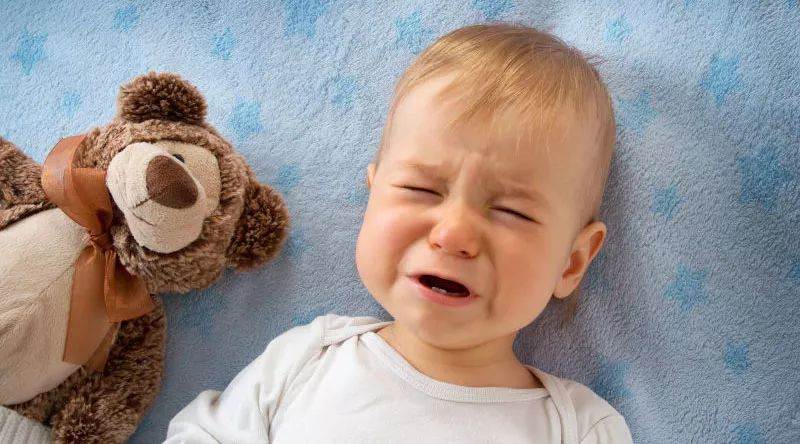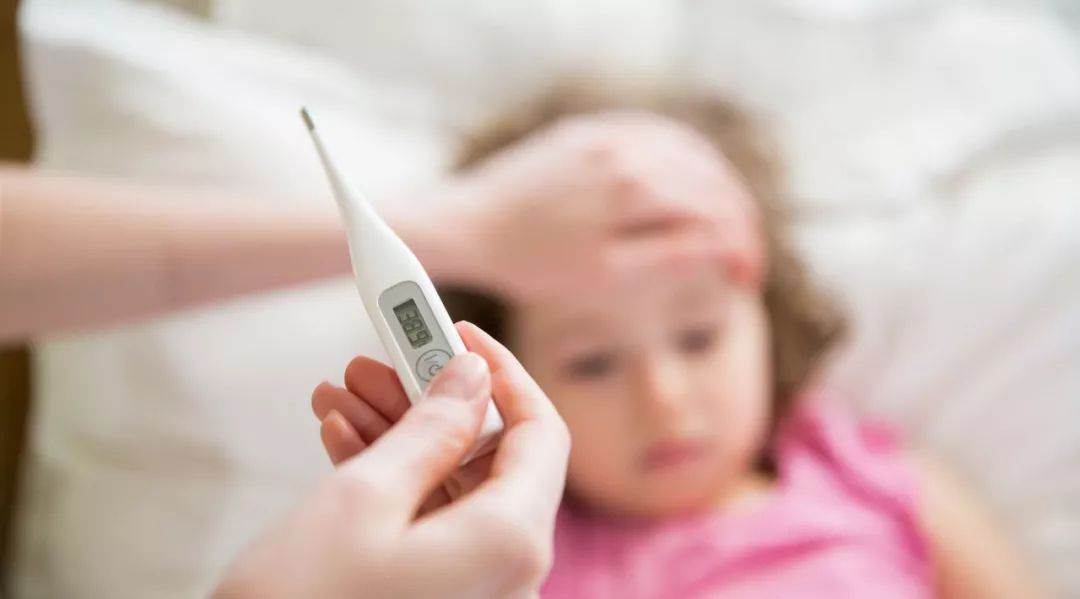A few days ago, my little dumplings had diarrhea. One night, the little dumplings were obviously a little uncomfortable, crying and disgusting with milk. I took his body temperature and it was really hot, 38 ℃.
At that time, my father was worried and took out Merrill Lynch to give it to Xiaotuanzi. I quickly dissuaded him, because Xiaotuanzi’s body temperature was not high, and I wanted to give him some warm water to try first.
My father didn’t like it. He stared at me and said, “It’s more than 38 ℃. If you don’t take medicine, what if you burn your brain?”
Burn your brain? This statement seems to be very common among the people. No wonder my father is also worried about it. So, will fever burn out the brain?
Why does the baby have a fever?
Fever, the term fever, is a very common clinical symptom. Fever itself is not a disease, it is only a symptom caused by the disease. In infancy, infection should be the most common cause of fever.

When bacteria and viruses invade, they will activate immune cells (neutrophils, eosinophils, etc.) in the baby’s blood. The resulting [endogenous heat source] will stimulate the thermoregulatory center of the baby’s brain and cause fever.
But at the same time, these immune cells are our good helpers in killing pathogens.
Therefore, from this perspective, fever is actually a defensive behavior of the human body against external infection.
Why is the baby especially prone to fever?
Compared with adults, babies under the age of 5 are especially prone to moderate and high fever above 38 ℃.
This is because the baby’s immune system is still immature. When faced with the stimulation of external pathogens, if there is any trouble, it may misjudge that [the enemy] is invading on a large scale.
As a result, the immune system will report the situation to the brain, and the also immature brain thermoregulatory center will also have a fever based on this false military intelligence [overreaction].
Does a high fever burn your brain?
Here, we want to introduce a new concept, that is [febrile convulsion]. Babies under 5 years old have a 2% ~ 5% probability of febrile convulsion after high fever occurs.
In the event of febrile convulsion, the baby may lose consciousness, muscle convulsions, etc., similar to the folk commonly known as [cramps]. However, even febrile convulsion can only cause irreversible damage to the baby’s brain if it occurs for more than 15 minutes.
Here, we can draw a conclusion: fever will burn out the brain, which is basically a false proposition.

Then you may have to ask, why do some children have fever and leave sequelae of brain injury?
In fact, this is because many people have reversed the cause and effect. It is not fever itself that causes brain damage, but the primary disease that causes fever.
In addition to these, when the baby has fever, scientific antipyretic is also tangled.
We suggest that if the baby’s body temperature is below 38.5 ℃ and he is in good mental state, he can drink more warm water and pay attention to monitoring the body temperature changes.
If the body temperature rises above 38.5 ℃, you can also give your baby acetaminophen, ibuprofen and other safer antipyretic drugs. In addition, when necessary, you need to go to the hospital immediately.
Note: When taking drugs, the dosage of drugs must be determined according to the age and weight of children.
